Douyin, the Chinese version of TikTok, on Tuesday announced 11 regulations and industry initiatives regarding artificial intelligence generated content (AIGC), which shows that domestic platforms are taking a proactive step for the opening of "Pandora's box" as more players rush into ChatGPT-like services, observers said.
The rules, together with a draft regulation issued by China's cyberspace authority on April 11, will foster the sector's sound and stable development, and its experience may expand to international markets amid a global competition for the new technology, they noted.
Publishers should clearly label AIGC to assist users in distinguishing between virtual and real content, particularly in confusing scenarios. Also, virtual individuals must be registered on platforms, and the users of virtual person technology must be authenticated using their real names, Douyin said in its initiative.
The use of AIGC technology to create or distribute content that goes against scientific common sense, or fabricates or spreads rumors, is strictly prohibited.
Publishers are responsible for the consequences of AIGC, regardless of how it is generated, the company said, warning of "strict penalties" upon discovery of content in violation of these rules.
The platform will provide a unified AIGC identification capability to assist creators in labeling their content.
The company said it believes that AI technology is both an opportunity and a challenge for the entire internet industry. As such, it advocates for "all providers of generative AI technology to clearly label generated content for public judgment."
"The use of a unified generative AI content data standard or metadata standard should be adopted to facilitate recognition by other content platforms," it said.
It's a reasonable and timely initiative, and major platforms will follow up, Pan Helin, joint director of the Research Center for Digital Economics and Financial Innovation affiliated with Zhejiang University's International Business School, told the Global Times on Tuesday.
But it remains to be seen if it can be implemented, for instance, how to penalize violators, Pan said.
The rules come as the double-edged technology is influencing more industries and creating controversy worldwide. After being tried in China, experience may expand to the global market through its TikTok platform, analysts predicted.
Apart from Douyin, the popular Chinese Instagram-like fashion and lifestyle sharing platform Xiaohongshu has started to label images and posters suspected of being created by AI, and advised users to distinguish between what is real and what is computer-generated.
"Platforms are now fully aware of the potential risks before opening the 'Pandora's box', while addressing potential concerns related to the authenticity and trustworthiness of the content," a staffer at a major Chinese internet company told the Global Times on Tuesday.
Authorities in China have stepped up oversight of related technology - a move that other global counterparts are still mulling it over. China's cyberspace authority issued a content regulation draft for AI on April 11, voicing clear support for innovation, promotion and application in AI algorithms and frameworks.
According to the draft rules, which are open for public comment until Wednesday, operators are asked to report to regulators for safety reviews before providing such services to the public, and they are urged not to use advantages like algorithms, data or platforms to engage in unfair competition.
"So far, the rules proposed by the platforms are stricter than the nation's," said the staffer, who asked to remain anonymous, noting that a multi-layered regulatory system will also better guide the industry to grow.
Chinese tech giants such as Alibaba, Tencent and Baidu have all launched plans to develop a ChatGPT-like chatbot, and are striving to utilize AI technologies in their business development and product innovation to gain a stake in the arena without being left behind.
"The impact of generative AI technology is no less important than that of the birth of the personal computer or the internet," Liu Qingfeng, chairman of iFlytek, said on Saturday, as the company unveiled its generative language model SparkDesk rivaling ChatGPT.
"We need to do our best to learn from ChatGPT, and even seek to surpass it," Liu said.
Work on the national level has been accelerated. The Ministry of Science and Technology asked the industry to "accelerate information technology empowerment to news publicity and publication" during a conference for the press and publication industry last week, asking the sector to strengthen research on the development of information technology and actively explore innovative practices.
China has done a lot of planning and research in areas related to AI chatbots, but there may still be more work to be done to achieve similar effect of OpenAI, the developer of the ChatGPT, Chinese Minister of Science and Technology Wang Zhigang said in March.
"It is hoped that domestic and foreign enterprises can achieve more good results in the field of AI. At the same time, we must also pay attention to standardizing the ethics of science and technology, seeking advantages and avoiding disadvantages," Wang said.















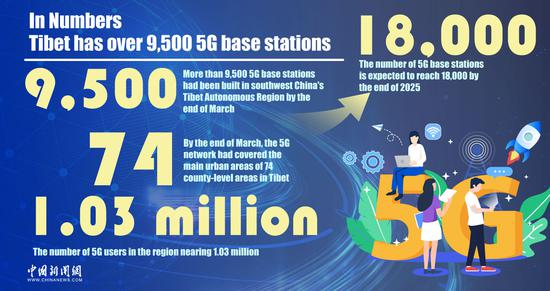
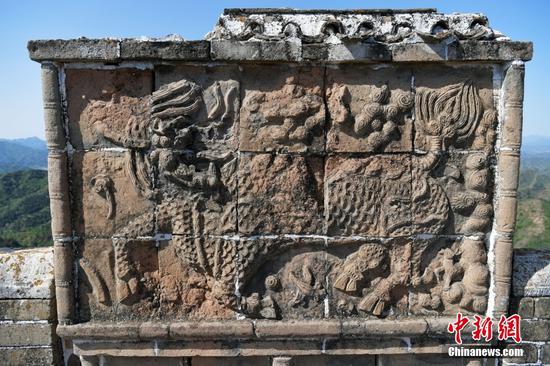


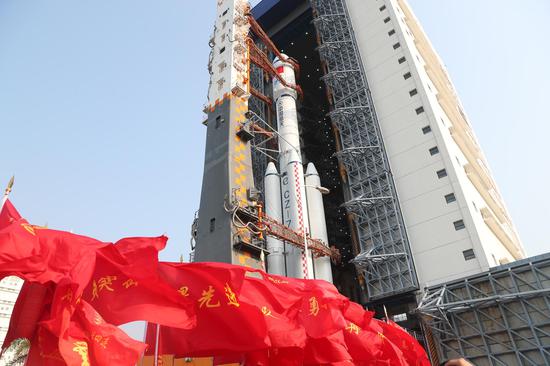


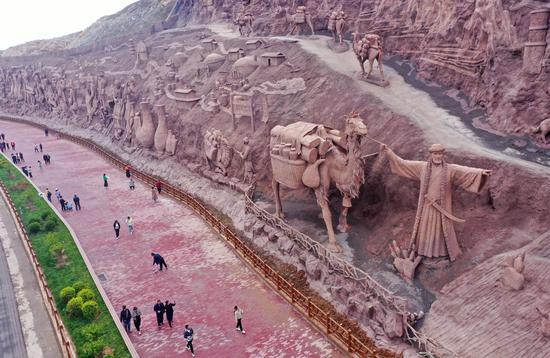
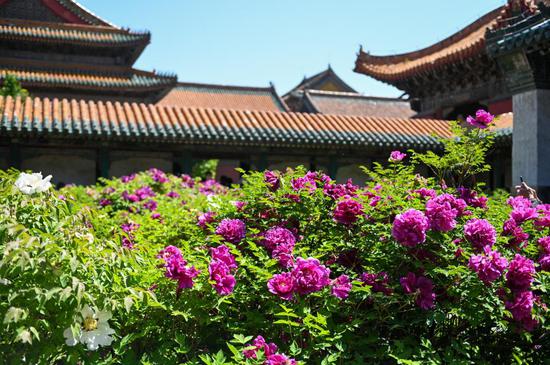


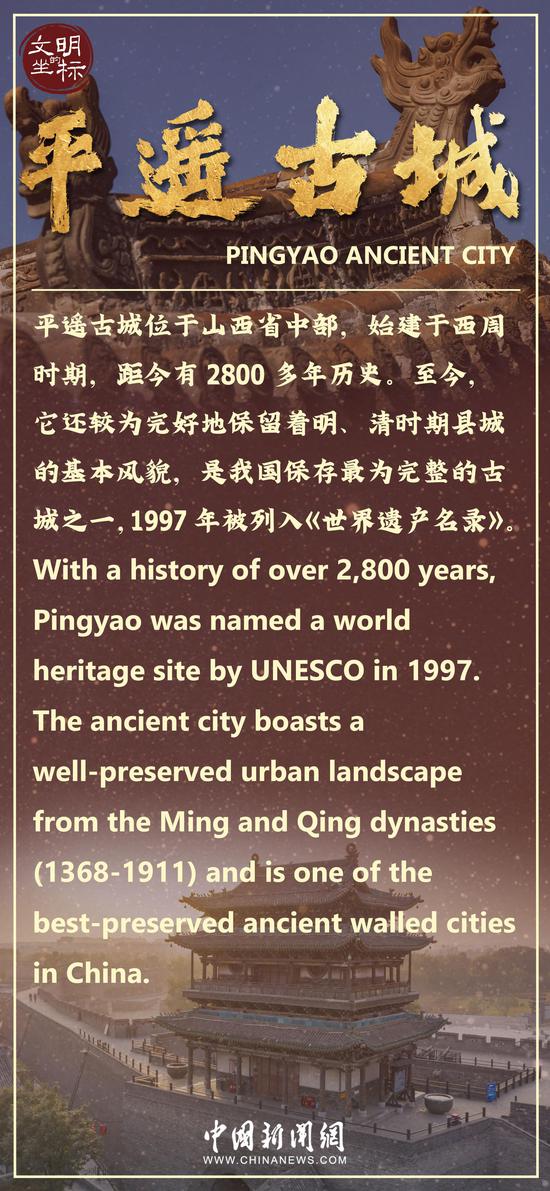



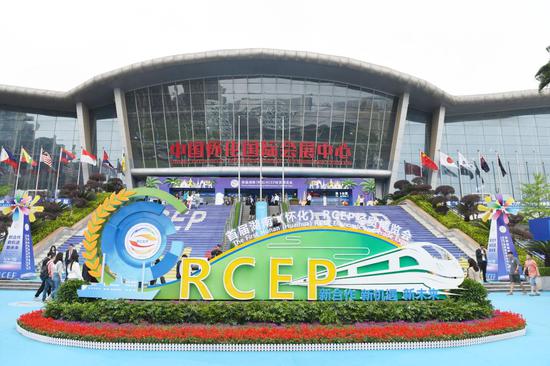

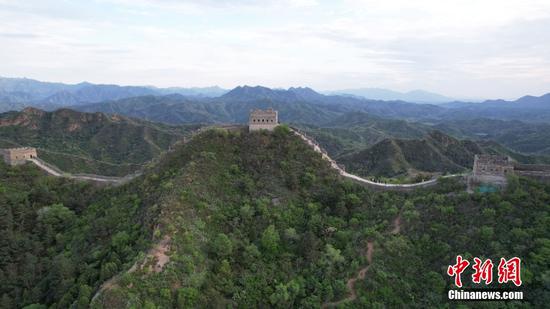
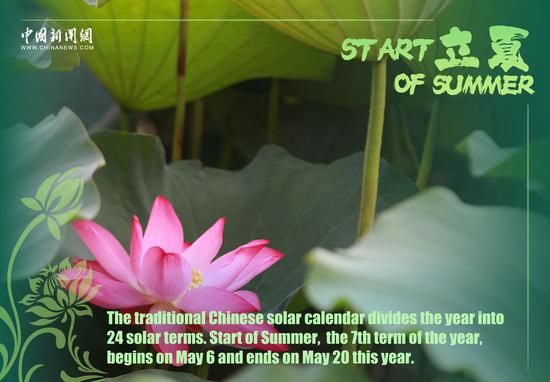






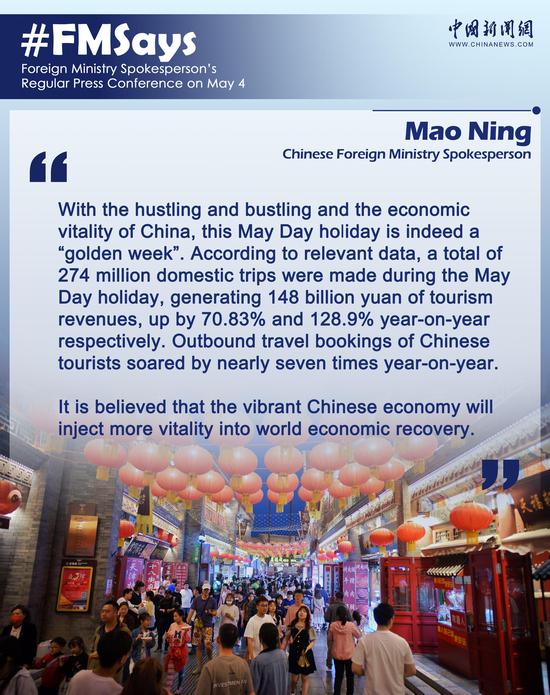


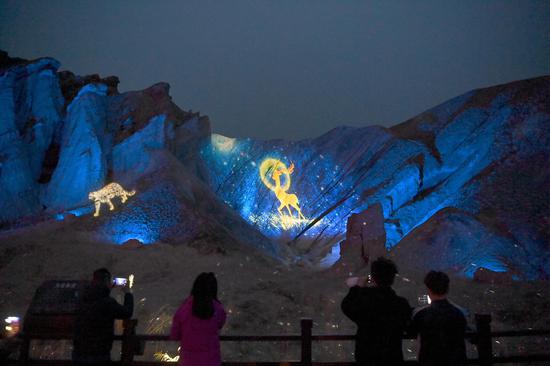






 京公网安备 11010202009201号
京公网安备 11010202009201号